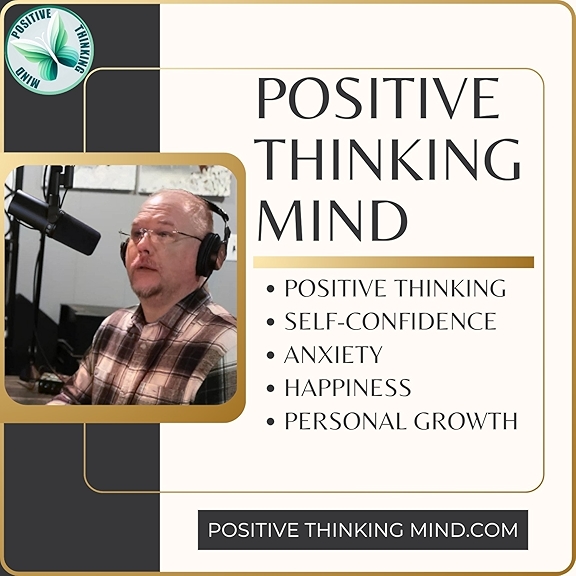
Applying to Medical School? The Pre-Med Competencies are What You Must Show [Episode 554]
Show Summary
What are the pre-med competencies? And if you're pre-med and planning to apply in September 2024, what do they mean to you? That's the subject of this week’s podcast of Admissions Straight Talk, as Linda Abraham and Dr. Valerie Wherley, an Accepted consultant, dive into pre-med competencies. Dr. Wherley gives an overview of the 17 competencies identified by the AAMC as essential for success in medical school and beyond. She leans into her expertises as an Assistant Dean, medical school program director, and advisor to present practical tips on how to develop these traits and demonstrate them in an application.
Show Notes
Our guest today is Dr. Valerie Wherley, an Accepted consultant. Dr. Wherley earned her B.S. and M.S. at the University of Maine in kinesiology, and her PhD in higher education and higher education administration from the University of Connecticut. Over the last 20 years, she has served as the Assistant Dean of Student Affairs and Career Development at William Beaumont School of Medicine, Director of Pre-Health Post-Bacc Certificate program at Sacred Heart University, and the Director of Pre-Health Advisement at Sacred Heart University.
In those roles, and before joining Accepted in 2022, she advised thousands of students in the following pre-health tracks: pre-med, pre-PPA, pre-vet, pre-dental, pre-pharmacy, pre-PT, pre-OT, pre-accelerated nursing, and pre-optometry, as well as applicants to master's programs in exercise science, biomedical sciences, occupational therapy, speech language pathology, athletic training, public health, and applied nutrition.
Today we're going to focus on med school admissions, and specifically the AAMC's recently updated pre-med competencies for entering medical students.
Dr. Wherley, welcome to Admissions Straight Talk. [2:21]
Thank you so much. I'm happy to be here.
I’m delighted to have you joining me. Now, let's start with the basics. What is a pre-med competency? What's the goal of them? [2:27]
Sure. Where I thought that we would start is just looking at the word competency. The National Institutes of Health, or the NIH, define competencies as the following: "Competencies are the knowledge, skills, abilities and behaviors that contribute to individual and organizational performance." So, if we keep that word in mind, that helps inform our conversation.
Pre-med competencies are now a list of 17 standards that have been identified by the AAMC and others, which I can talk about in a minute, as essential for success for entering medical students, and also people who are going to be practicing medicine in the future. So, it's not just for students in medical education, but our future practitioners.
So that's the conceptual framework for the competencies. [3:35]
Right.
Let's discuss a little bit more in depth. Do you want to focus on some particular ones? I'll let you take the lead here. [3:41]
Sure. I can give an overview. The competencies are grouped in three categories, and then within the categories there are specifics. With those specifics there are sort of a deep dive into the definitions. So, without getting too far into the weeds, let's look at the categories, and then maybe the specifics.
The three categories are the professional competencies, which has the biggest list now, and then there's thinking and reasoning competencies, and then science competencies. If I start backwards, the thinking and reasoning competencies, that's one category, and the science competencies actually did not get updated in the update that we will talk about. It's the professional competencies that underwent the update.
So, I'll start with science competencies. There are two specifics within that category. There's human behavior and living systems, and you can look at the specific definition of both of those. Thinking and reasoning competencies include the following: critical thinking, quantitative reasoning,




















